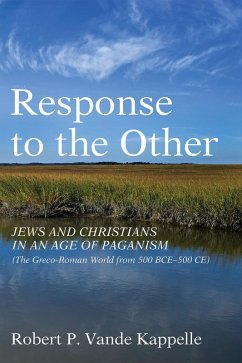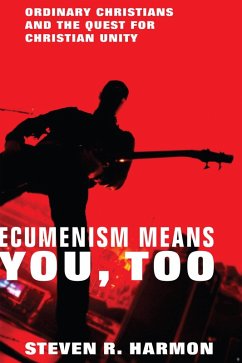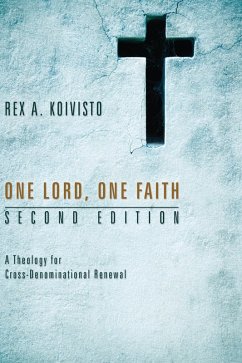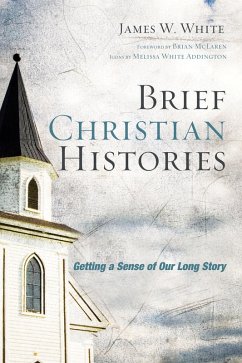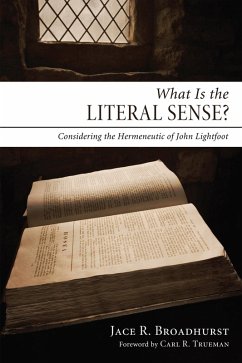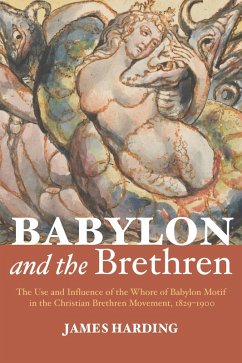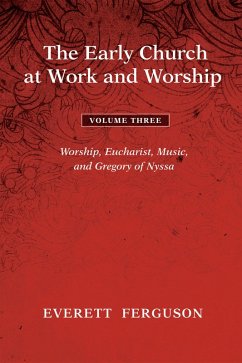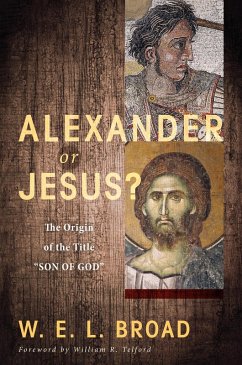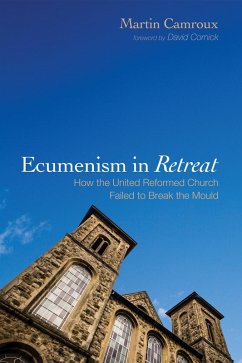
Ecumenism in Retreat (eBook, ePUB)
How the United Reformed Church Failed to Break the Mould
Versandkostenfrei!
Sofort per Download lieferbar
17,95 €
inkl. MwSt.
Weitere Ausgaben:

PAYBACK Punkte
9 °P sammeln!
In his enthronement sermon as archbishop of Canterbury in 1942 William Temple famously declared the ecumenical movement to be "the great new fact of our era." In this book Martin Camroux tries to face honestly how hope met reality. By the end of the century the enthusiasm had largely dissipated, the organizations that represented it were in decline, and organic unity looked further away than ever. One significant ecumenical merger took place in Britain--the creation in 1972 of the United Reformed Church, which saw its formation as a catalyst for ecumenical renewal. Its hopes, however, were lar...
In his enthronement sermon as archbishop of Canterbury in 1942 William Temple famously declared the ecumenical movement to be "the great new fact of our era." In this book Martin Camroux tries to face honestly how hope met reality. By the end of the century the enthusiasm had largely dissipated, the organizations that represented it were in decline, and organic unity looked further away than ever. One significant ecumenical merger took place in Britain--the creation in 1972 of the United Reformed Church, which saw its formation as a catalyst for ecumenical renewal. Its hopes, however, were largely illusory. With the failure of its ecumenical hope the church had little idea of its purpose, found great difficulty establishing an identity, and faced a catastrophic implosion in membership. This first serious study of the United Reformed Church also includes groundbreaking analysis of the unity process, the mixed fortunes of Local Ecumenical Projects and how the national ecumenical organizations withered. All of this is put in the wider context of religion in British society including secularization, individualism, and post-denominationalism. What failed was not ecumenism but a particular model of it and the book ends with a commitment to a renewed ecumenical hope.
Dieser Download kann aus rechtlichen Gründen nur mit Rechnungsadresse in A, D ausgeliefert werden.




